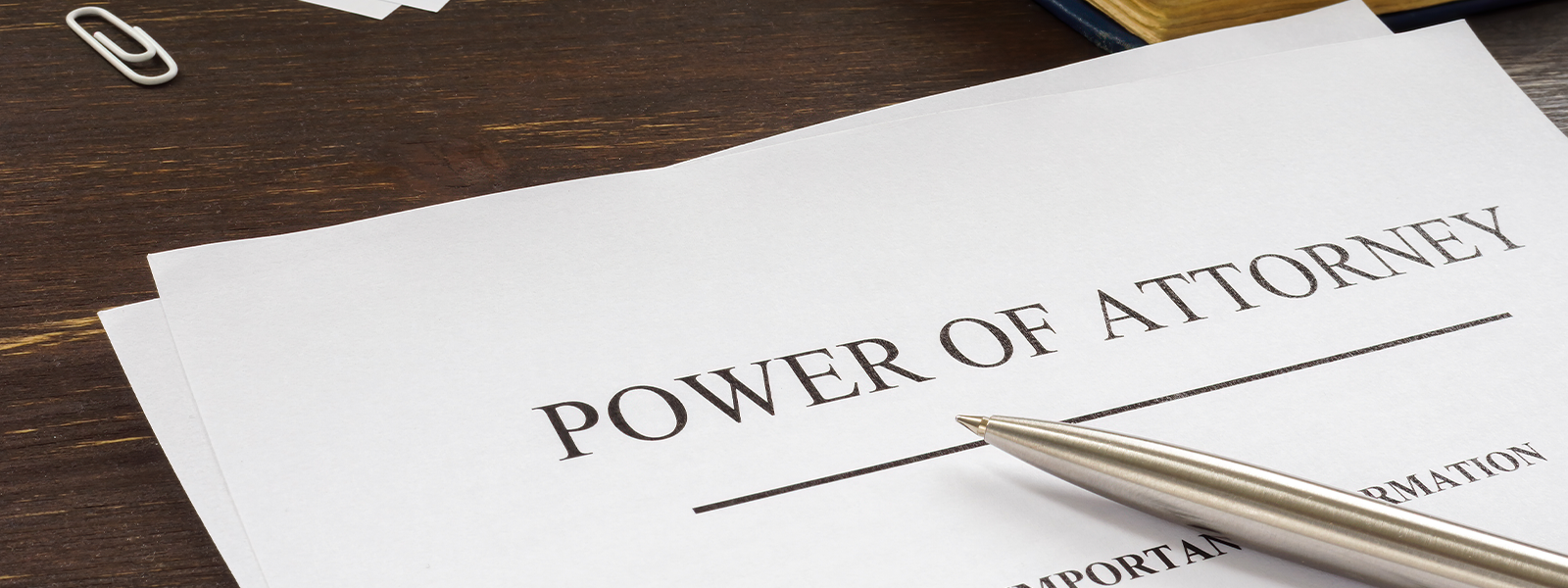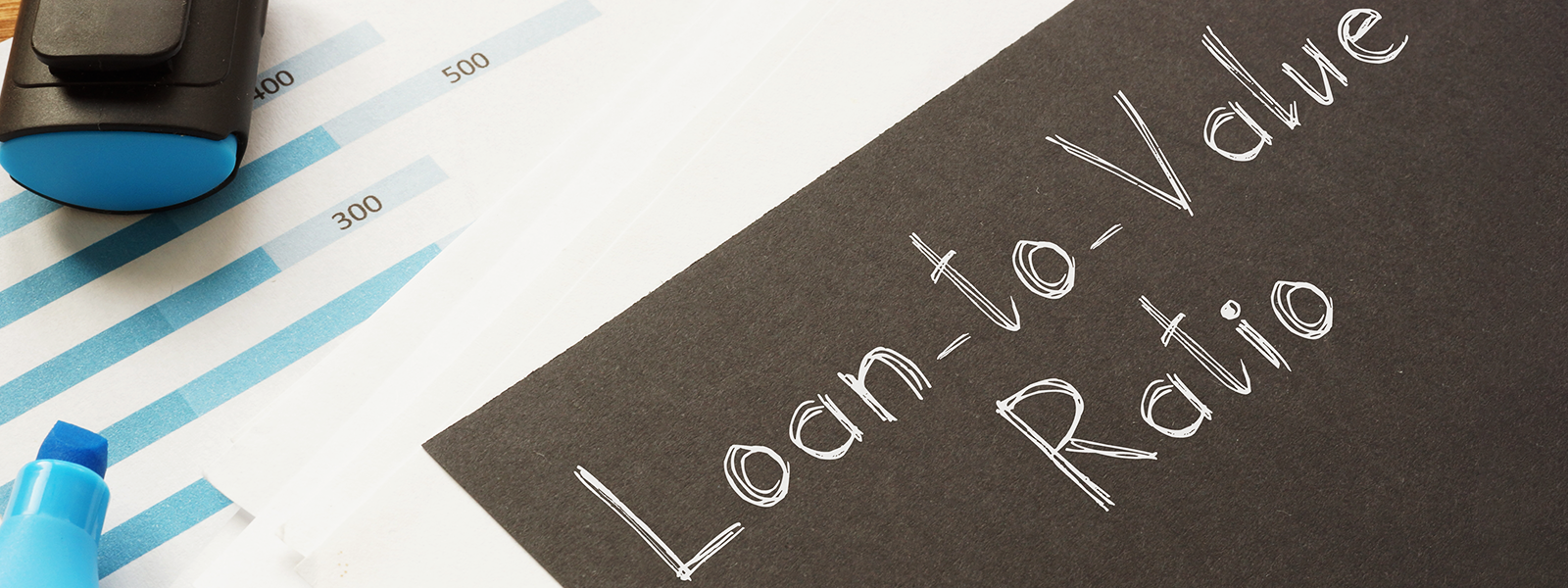What is a Power of Attorney (POA) Meaning, Importance & Types
March 23, 2024 in Knowledge Base

Power of Attorney (PoA) is a legal document/instrument that gives the right to an individual to perform certain functions on behalf of the other person. It falls under the Power of Attorney Act (1882) and is an important tool when you aren’t in a position to perform the activity. This can be better understood by an example. Suppose you are not in the country and there is a property-related transaction to be carried out urgently. In this situation, you can pass your powers or rights to an individual who can transact on your behalf. In this article, we will learn what is a power of attorney, what are its types, how to revoke this authority, and much more.
What is a Power of Attorney?
PoA (power of attorney) is an instrument that enables an individual to appoint another person to manage property, finances, or/and medical procedures in case of absence or inability. The person who appoints an individual to act on his/her behalf is a “donor” or “principal” and the appointed one is called a “power of attorney agent”. The level of authority provided to the power of attorney agent depends on the terms and conditions laid out in the document.
Different Types of PoAs
Property-related power of attorney can be divided into 6 categories –
Conventional Power of Attorney
Conventional or general power of attorney is when you give basic rights to another party for your property transactions. You can give this authority to the agent for one or all your properties, depending upon the requirement. Since the agent would be responsible for carrying out all decisions related to your property, make sure that he/she is completely trustworthy.Durable Power of Attorney
In case you try but are unable to manage your property affairs, that is when a durable PoA comes to play. The agent is then responsible for taking decisions and managing everything to the best of his/her abilities. This becomes effective if the principal turns incapable or unfit.Non-Durable Power of Attorney
A non-durable PoA is signed only for specific transactions or to achieve a particular motive. In this case, the principal grants the authority to the agent, and once the purpose is fulfilled, the PoA expires.-
Special Power of Attorney
As the name suggests, this PoA is granted to achieve a special purpose. For instance, in case the principal needs to be present for the property registration and sends an agent on his/her behalf. Springing Power of Attorney
Springing PoA is applicable under special circumstances, i.e., only if the stated event occurs. For instance, if the principal has to go out of the country, the agent becomes responsible for carrying out the legal procedures on his/her behalf.Limited Power of Attorney
Limited or special PoA is given for a one-time transaction; for e.g., the sale of your property. This is when the principal cannot go through the procedure due to an illness or other commitments. In this case, the agent carries out the sale process but has no other rights.
=>Read Also:- Independent House vs Apartment Living: Which Is Better
Method of Selecting the PoA
This is a crucial step and has to be decided after careful consideration. This authorised agent will have extensive or restricted authority for carrying on legal procedures on your behalf.
Here is how you can select a PoA:
- Make sure that the agent you select is trusted and can handle the responsibilities or functions to be performed.
- The state government has laid out rules and regulations regarding the selection of PoA. Make sure you adhere to them to prevent future problems.
- PoA can be drafted with the assistance of a general or property lawyer.
- Fill out and sign all the necessary documents for a smooth process.
- Verify all the documents with the lawyer and get them notarised.
PoA Stamp Duty
Stamp duty is an integral part of any legal document. If you are authorising another party to perform tasks on your behalf then a stamp duty will be charged for the same. Although, the cost of the same depends on the agent you appoint. Here is the cost of the stamp duty for power of attorney:
- In case you transfer the power to one of your family members or a close relative; the stamp duty for registration is ₹500 INR.
- If the power is transferred to a third party other than your close relative or family, the stamp duty will cost according to the consideration value or property’s market value (whichever is more).
Clauses Important for Power of Attorney
- Name of the person to whom the authority is granted
- Details of the principal (name, address, age, and occupation)
- Place and date where the PoA is drafted along with the date from which it will come into existence
- Termination date (in case the deed is limited). In another case, specify if the PoA is durable.
- In the case of special PoA, mention the time frame within which the action has to be performed. This saves both parties from ambiguity and dispute.
- All powers granted to the PoA agent have to be clearly mentioned.
Format of Power of Attorney
The power of Attorney format should include all the following details for clarity:
- Grantor Identification: This is where the principal’s name is mentioned.
- Agent Identification: This is where the attorney-in-fact's name is mentioned.
- Authority: The powers and responsibilities of the agent are specified to avoid confusion.
- Time: The period for which an agent stays active is specified. If you are drafting a durable power of attorney document then “durable” has to be written.
- Signature: The principal and witness signatures are mandatory.
- Revoke: The revoking procedure is specified in this section. This is where the revocation document is signed and a copy of the same is provided to all the parties.
- Notary: The document has to be notarised for validity. This is applicable in most states.
Remember that the format for power of attorney may differ in states and it is recommended to consult a lawyer beforehand. This will ensure that the document meets the legal requisites.
Revoking the Power of Attorney
How to revoke a power of attorney? If you are authorising a third party to deal on your behalf, it is important to know the revocation process as well. You have the authority to revoke the power of attorney at any time. This is applicable in these cases –
- The principal can revoke the granted facility anytime.
- If the PoA agent and principal don’t agree on a certain matter.
- When the business for which the authority was granted is over.
- In case the PoA rejects his/her power.
Revocation of an Irrevocable PoA
If the principal wishes to revoke an irrevocable PoA document, he/she has to issue a public notice regarding the same. But in these cases, revocation isn’t possible –
- When the agent has already exercised his/her power, even partially.
- When the agent’s interest lies within his powers. In this case, his/her consent is crucial before revocation.
Power of Attorney – Its Importance in A Nutshell
Whether you are searching for flats in Mumbai, Ahmedabad, Delhi, or any other state; it is important to familiarise yourself with all the details. In case you need to take an important decision regarding your property but you are unavailable, power of attorney plays a crucial role. An agent can take decisions on your behalf. So, make sure that you are familiar with the process and appoint a trusted PoA only.
Looking for dream spaces, not sure where to start?
Leave us a query and our representative will get back to you.
Disclaimer
The Adani Realty expressly disclaims all liability in respect to actions taken or not taken based on any or all the contents of this Blog. The content of this blog is collation of data from various sources and is provided only for information purpose only and Adani Realty does not canvass the particulars, information, brand or any other materials mentioned in the blogs nor does it obtain any monetary benefit from the same.The Adani Realty shall in no circumstance be held liable for any expense, loss or damage including, without limitation, direct, indirect or consequential loss or damage, or any other expense, loss or damage whatsoever arising from the use of data, information, interpretation, judgement or opinion arising out of or in connection with the use of this Blog. Reader is advised to read and apply his/ her intellect and discretion in this regards.

